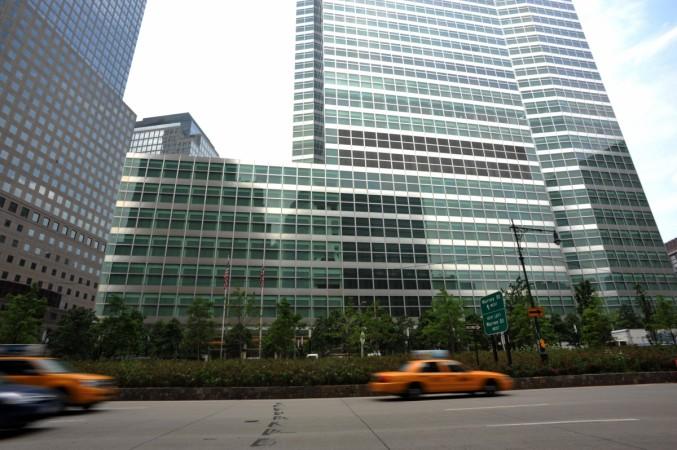
India is heading into another calendar year of record mergers and acquisitions on the heels of the second year of topping global investments, an investment banking executive says.
This year saw Walmart Inc, ArcelorMittal, and Berkshire Hathaway Inc on a buying spree taking India ahead of China for the second time, a Bloomberg report said citing a top Goldman Sachs manager.
Deals in technology-driven consumer and financial services will keep the momentum going in the year ahead, says Sonjoy Chatterjee, chairman and co-chief executive, Goldman Sachs India.
Goldman advised on two of the three biggest acquisitions involving Indian companies this year when $128 billion of transactions went through, he says.
"All pools of global capital – from strategics to financial sponsors – are focused on India," the report cites Chatterjee as saying. "Some of these large global companies are sitting on enormous amounts of cash. They need to get into markets which are important for them, and India is a top priority."
A mixture of factors helped India draw more investments than China. Foreign acquirers spent a record $39 billion on acquisitions in India this year, according to Bloomberg data.
Regulators' crackdown on bad loans put assets worth billions on the block at a time when Asia-focused private equity funds were looking to deploy liquid funds.
Political uncertainties around elections are going to remain short-term and are unlikely to hurt investor confidence given the macroeconomic conditions, he said.
"A painful but interesting churn is happening in India – driven by governance and capital – where you will see a new corporate order emerging by 2020," Chatterjee told the news agency.
"The third factor driving change in corporate India are families that want to rethink the future, either because of the next generation, an uncertain horizon or simply to optimise their portfolio and capital allocation."
He said there was a liquidity issue, which the government and the central bank were trying to tackle. "Investors who are serious, mature and deep will look at the data following disruptions in 2008 and 2013 and determine when to come back in. Going by empirical evidence, the sector takes about 18 months to reverse," he added.

















